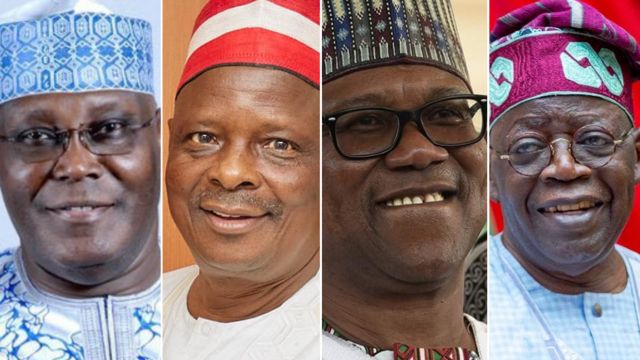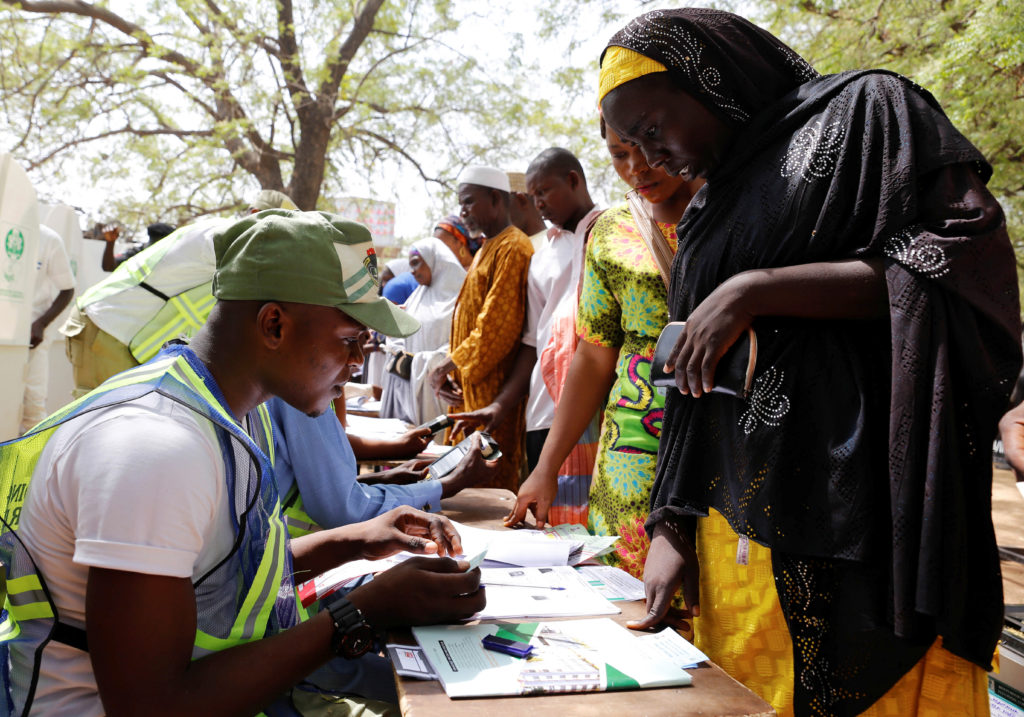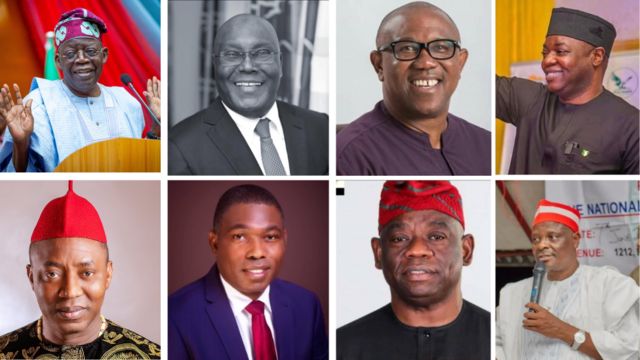It is impossible, in this age and times for any country to lay claim to an egalitarian society. For as long as there are going to be the 'Napoleons and Snowballs' in the "Animal Farm" that is today our society's make-up; our society will remain one in which "All animals are equal, but some are more equal than others".
Nigeria's political atmosphere has once again become highly charged as the nation draws near to another general elections in which the Nigerian people - the supposed electorates - would once again have the opportunity to determine their leadership choices from the states' Houses of Assembly through the states' governorship seats and all the way to the biggest and grandest of them all: the presidential election.
For any typical Nigerian, especially one who has lived long enough in this country; we all know that there's nothing 'typical' about the elections in Nigeria. Not even one that is meant to elect people into one as ordinary as a "WhatsApp" group. The intrigues of the entire processes, prior to, during and after they had been supposedly successfully concluded usually leaves the people with palpitations of fear and uncertainty rather than the joy and euphoria that should ordinarily be the case.

In the 2011 general elections for instance; the Independent National Electoral Commission received high praise for a well managed election. However, the aftermath of that election was deemed the most violent in Nigeria's electoral history by the United States Institute for Peace with over 800 lives lost and around 65'000 people displaced in the post election violence. Of course, the violence was precipitated by the belief that the Muhammadu Buhari, the then challenger for the seat of power, won the election.
And we are at it again!
Nigerian elections, which might advance or regress its democracy, are only five months away. While the increase in voter registration and a wave of enthusiastic civic participation among young Nigerians, who in recent years have frequently given up hope for improved government through elections, are positive developments; there remains, however, concerns that the election could be violent as the level of anger, vitriol and in some instances, outright threat to persons existing between the supporters of the leading presidential candidates, takes on a new dimension in pre-election rivalry.
There are palpable fears in many quarters that the unhealthy tones of the rivaries between the supporters of PDP candidate, Atiku Abubarkar, APC candidate, Bola Ahmed Tinubu, and the new kid on the block, LP's Peter Obi; who have dubbed themselves ATIKUlates, BAT and the OBIdients respectively might precipitate a violent election that might be worse than that of 2011.
If we are however, lucky enough to escape an election that does not lead to wanton bloodletting, displacement of persons, and destruction of properties; the results could be challenged in a nation where increased political and criminal violence has become the norm rather than the exception and have reached unprecedented heights.

But these negatives aside, Nigeria and Nigerians stand at a threshold of political renewal; afforded with the opportunity to begin an era of good governance with probably the most obvious choice amongst the vying presidential candidates for the 2023 election.
And Ceteris Paribus (if it ever is); the coming election has the potential to usher in a government that could reposition the country in all ramifications and amongst the committee of nations. But only if the people understand that although fate may appear to be the final arbiter of man's life; yet, fate itself requires the hands and mind of man, himself to accomplish whatever it had decided.
The United States and its international allies should support Nigeria's electoral authority diplomatically, politically, and technically in order to assist Africa's most populous country in making a pivot toward stability and, indirectly, to strengthen democratization throughout the continent.
